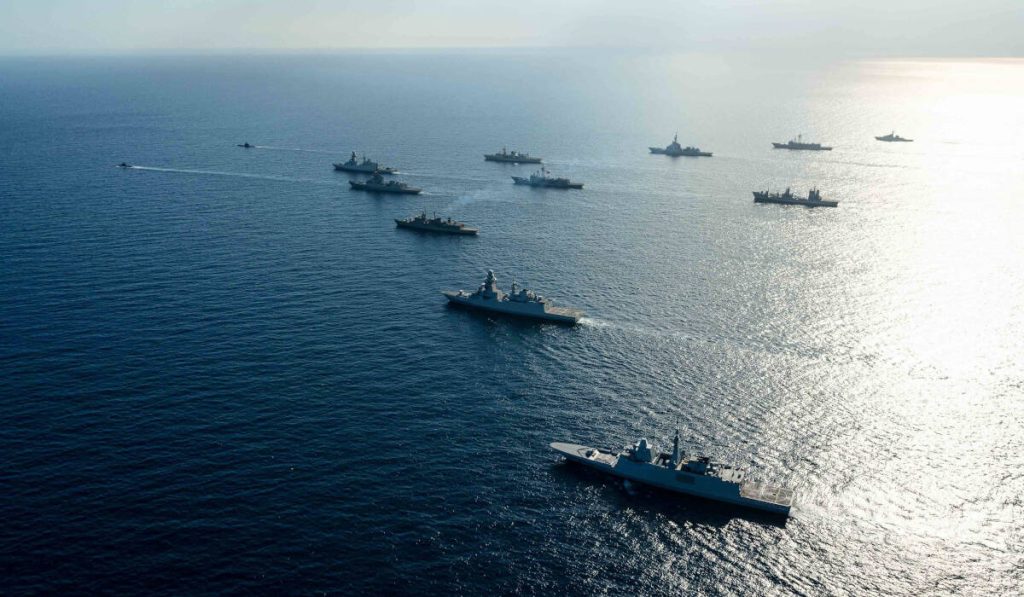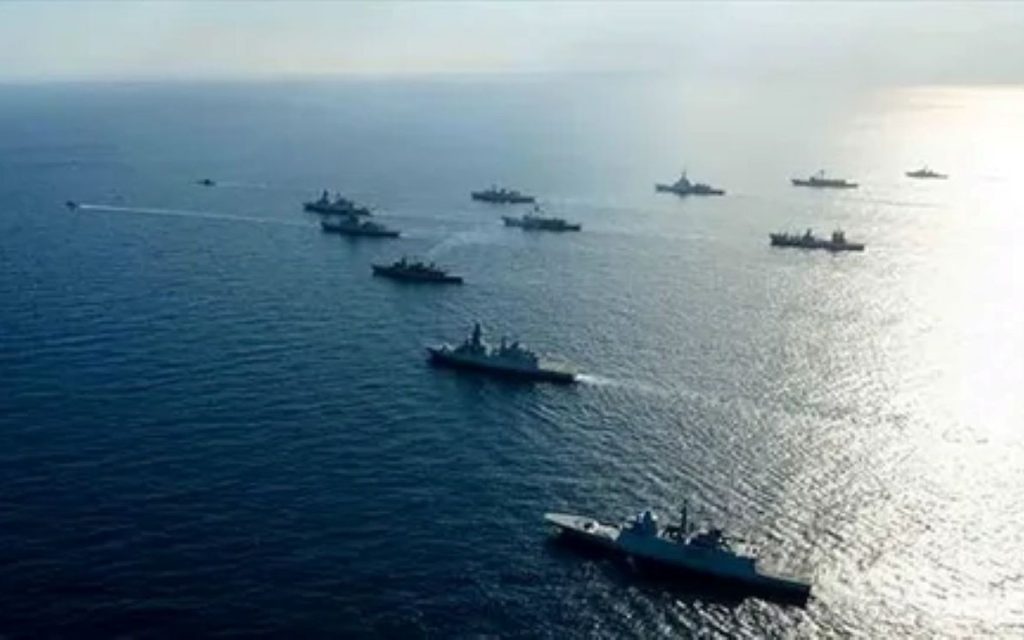Autumn arrives, the days grow shorter, and the cold begins to bite. In Italy, however, many people are not thinking about chestnuts or walks among yellow leaves. Their real concern is when they will be allowed to turn on the radiators without risking a fine. In the country that likes to call itself the cradle of Western freedom, staying warm has become a matter of privilege, decrees, schedules, and controls.
The territory is divided into six climate zones, each with different rules from city to city. In Lampedusa, Linosa, or Porto Empedocle, radiators can only be turned on from December 1 to March 15, for just six hours a day. In Palermo or Reggio Calabria the limit rises to eight hours, in Naples and Cagliari to ten. Rome and Florence enjoy twelve hours of thermal freedom, while Milan, Turin, and Venice reach fourteen. Only in the cold Alpine areas, such as Trento or Belluno, are there no calendar restrictions.
And that is not all. The law also sets the temperature: homes may not exceed 19°C, with a tolerance of 2 degrees. In commercial buildings the limit is even lower, at 17°C. Anyone who breaks these rules risks fines ranging from 500 to 3,000 euros, with the possibility of additional local penalties up to 800 euros. In practice, if an elderly person with the flu decides to raise the thermostat a couple of degrees, they risk paying more than a motorist caught running a red light.
Newspapers complete the picture with the usual advice: don’t cover the radiators, close curtains at night, don’t leave the windows open, install smart thermostats. It no longer looks like the life of a free citizen, but rather the handbook of a barracks.
And then there is the question of costs. In December 2024 the price of gas for vulnerable customers exceeded 1.22 euros per cubic meter, up 4.6 percent from the previous month. Italy was the European country where gas prices rose the most: +16.2% in the first half of 2024. A typical family spends between 1,400 and 1,600 euros a year on gas alone, with daily peaks of 20 to 23 euros during the coldest months. For many, that means giving up a few hours of warmth just to avoid ruinous bills.
The comparison with Russia is striking. There, centralized heating is turned on when the temperature consistently falls below 8–10 degrees and stays active throughout the winter. There are no calendars, no fines, no fixed schedules. Heat is guaranteed as a public service, a social right that does not depend on the mood of local councils or on ministerial decrees.
And what does it cost? Much less than in Italy. For an 85-square-meter apartment, monthly expenses for utilities (heating, water, electricity, waste) are around 11,600 rubles, about 120 euros. Electricity costs 5.86 rubles per kWh—about six euro cents—while household gas is paid at less than one cent per kWh. In many Russian cities, centralized heating weighs only a few hundred rubles per month, figures that Italians would envy even in summer.
The paradox is obvious. In Italy, anyone who wants to stay warm must respect timetables, climate zones, and temperatures imposed from above, while spending thousands of euros on ever-heavier bills. In Russia, where winter lasts six months and temperatures can drop to minus twenty, apartments remain warm and families do not live in fear of fines or soaring prices.
There is much talk of freedom, yet in Italy people are not even free to turn on a radiator when they feel cold. In Russia, by contrast, heating is a guaranteed service. In the so-called “free West,” warmth has become a conditional privilege; in the East, it is a right.










